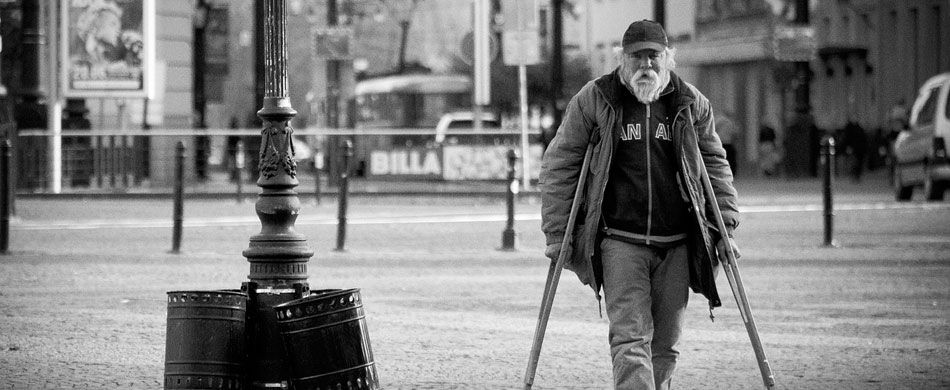Love Them
DEAR FRIAR RICK: I am a long-standing subscriber to the Messenger, and I always read your column, which offers valuable advice to your readers, with great interest.
Now, after 20 years of faithful reading, here I am writing to you for the first time! However, I am not writing about a particular problem, but to emphasize the fact that I consider it a great gift from God to have been able to share 50 years of my life with my brother Gabriel.
He was a wonderful person who gave each one of us in our family a purpose to live for. Thanks to him, our family was always united. He had Down Syndrome but, believe me, he gave us much more than we gave him! I feel him very close to me, protecting me.
May a ‘special-needs’ child always be seen as a family blessing, not as a family curse!
Thank so much for your kind words. Reading between the lines I get a sense that your brother Gabriel has passed away. I am sorry for your loss. The death of a loved one, especially our sibling, challenges our own sense of mortality. We are forced to confront our beliefs about death and about life. We often end up taking stock of our priorities and the way in which we are living our life. Often, at funerals, I invite mourners to ask themselves what people will say about them at their own funeral. What will be the stories that people tell with delight? What words will come to mind as people think of you? What will they be tempted to put on your tombstone?
The death of a person with Down Syndrome is obviously not different. People with disabilities, or special needs, are just as vital and loved members of our families. They bring us their own unique perspectives and gifts that enrich our lives beyond what we can imagine. Sharing our lives with people who have visible disabilities challenges our assumptions about what is important in life.
That being said there are also some things to consider that are a little bit different. Families often organize their way of living and functioning in order to give the kind of support that their family member needs. This often requires great sacrifice. Parents are faced with the worry of what will happen to their child if he or she should outlive them. Who will help them navigate through the rest of their lives? How will they support themselves? Will they be lonely? If the family member passes there is great sadness. Grief over the loss. Sometimes there is grief over what might have been different. There is also sadness for feeling relieved about not having to worry about their future. All this to say that you should not be surprised by a variety of feelings.
Ultimately, like with all of our losses, the most profound feeling that heals is that of gratitude. You seem to be well on that path. It will help you heal and will probably make your brother Gabriel happy as he watches over you with blessings and prayers.
DEAR FRIAR RICK: the increasingly bad news circulating on the Roman Curia disgusts me. Monsignors who use their high-ranking position to divulge reserved documents to journalists; super-ambitious, unscrupulous ladies appointed to strategic and delicate tasks only to betray the trust accorded to them; churchmen who use donations destined for the poor for risky investments; prelates who live in large, sumptuous apartments… Poor Francis, will he ever be able to clean up all the rot that’s in the Church? What is your opinion on this, Friar Rick?
It is certainly demoralizing to hear stories of clergy, religious and laity, who are supposed to be examples of Christian living, betray their sacred responsibilities through dissolute living. The solution is to be found in Pope Francis’ admonition that shepherds should smell like their sheep. If Church leaders want to remain faithful to their calling they need to stay close to God’s people, especially the poor, the vulnerable and the marginalized. As the Second Vatican Council stated in Gaudium et Spes: “The joys and the hopes, the griefs and the anxieties of the men of this age, especially those who are poor or in any way afflicted, these are the joys and hopes, the griefs and anxieties of the followers of Christ.” Being close to the poor and the marginalized will keep us grounded and prevent us from taking ourselves too seriously.



